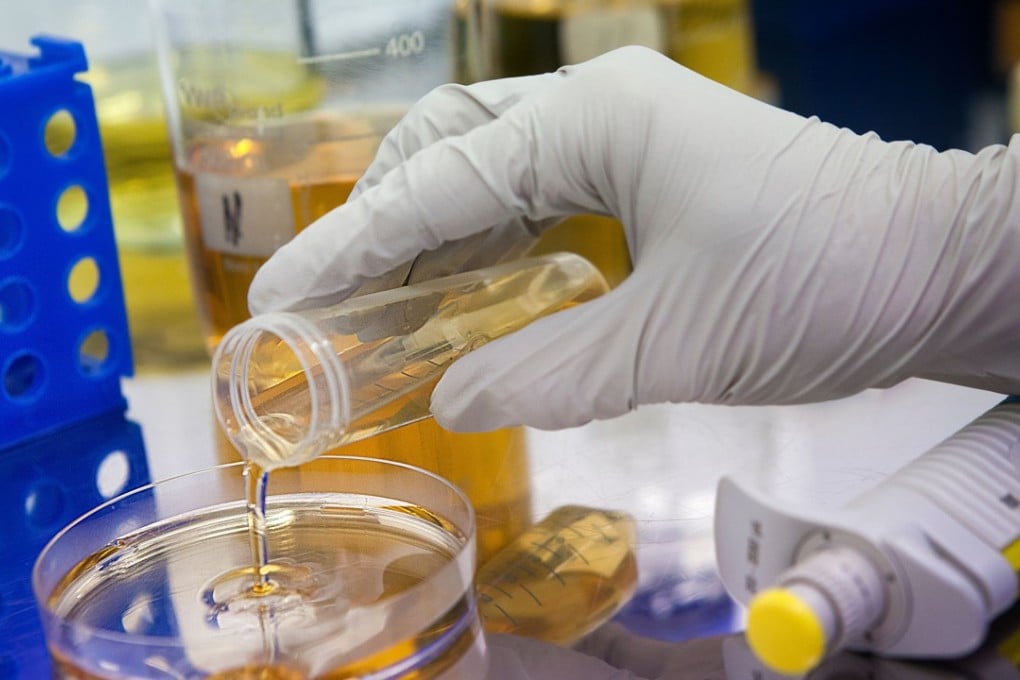Fierce competition in China’s nascent immuno-therapy cancer drugs market could compromise safety, say analysts
As the market grows it will inevitably fragment into tiers of treatments with varying degrees of effectiveness and safety, according to a report by Nomura

China’s huge cancer-treatment market is a potential gold mine for drug developers.
But fierce competition to get a new group of medicines approved could see prices fall rapidly and the market fragment into tiers of products with varying efficacy and safety, analysts say.
Anti-PD-1 drugs and T-cell engineering, types of immuno-therapy treatments that use the body’s own immune system to fight tumours, have seen a surge in research and development investment globally.
In China, the world’s second largest pharmaceuticals market, anti-PD-1 treatments could grow from virtually nothing this year to US$5.8 billion in the next four years, and to US$12.1 billion by 2025, based on projections by industry consultant Frost and Sullivan.
The nascent market, in which at least 15 companies are developing products, will end up splintered into overseas and domestic firms at different stages of development, according to analysts at Nomura.
“The [anti] PD-1 market in China will be like a typical generic drug market in China – with foreign original drug makers taking a 20 to 40 per cent market share serving relatively wealthier patients, while several domestic players split the rest of the market, mainly competing on price and distribution channels,” said analysts Stella Xing and Joyce Yang in a report.